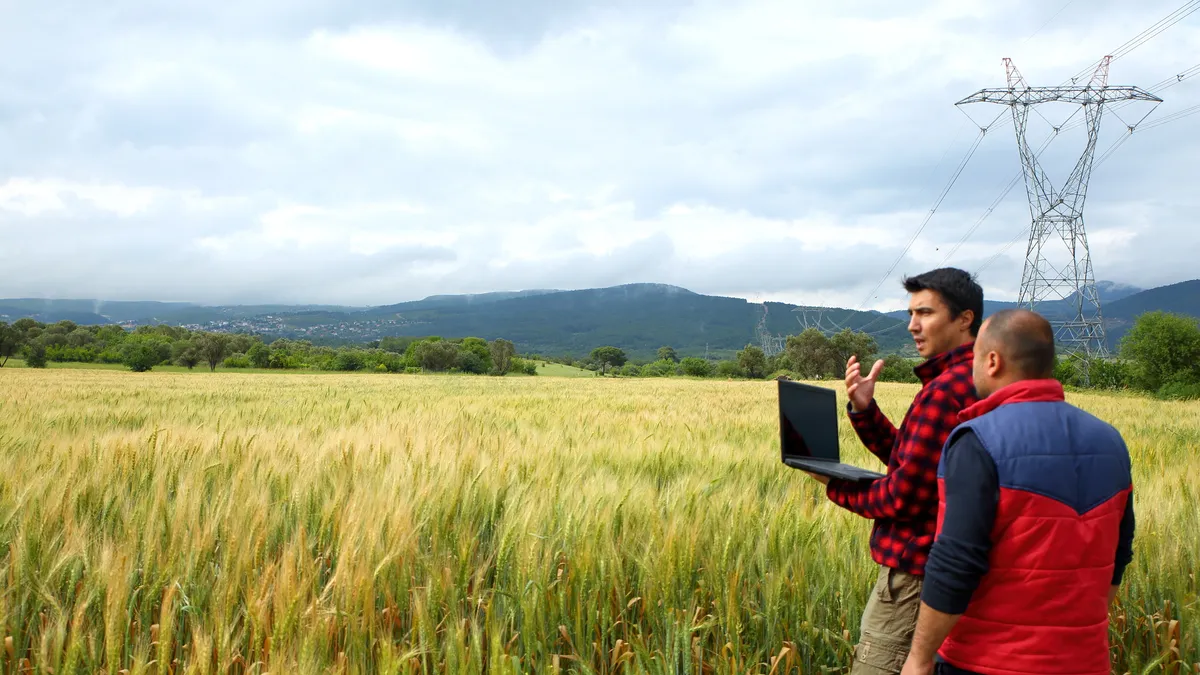Dive Brief:
- The U.S. Department of Agriculture (USDA) will spend $97 million on 12 projects to improve or expand access to broadband internet in the rural U.S., according to an announcement from Agriculture Secretary Sonny Perdue.
- The investments come from the Telecommunications Infrastructure Loan Program and the Community Connect Grant Program and will go to 11 states: Arizona, Iowa, Idaho, Maryland, Minnesota, Missouri, Nevada, Oklahoma, South Dakota, Wisconsin and Wyoming.
- "A person’s location should not determine whether he or she has access to modern communications infrastructure," Perdue said in a statement. "That is why USDA is partnering with businesses and communities by investing in state-of-the-art broadband e-connectivity to remote and rural areas."
Dive Insight:
Expanding rural broadband access has become a bipartisan priority in Washington. A February report from the Federal Communications Commission (FCC) found that 39% of rural areas lack access to fixed broadband at speeds required for advanced telecommunications and data transfer, and a January report from a federal task force on agriculture and rural prosperity identified the "expansion of high-speed, high-capacity internet" as a "key infrastructure priority." President Trump’s proposed infrastructure plan set aside $50 billion for rural infrastructure, including broadband. Meanwhile, more than two dozen bills from both parties on Capitol Hill seek to increase spending on rural broadband.
The USDA projects include a $13.7 million loan to a telephone company in Green City, MO to convert six exchanges from copper to fiber, improving service to 1,063 subscribers. The government is also offering a $21.4 million loan to a Wisconsin-based telephone cooperative to construct 675 miles of fiber to facilitate a fiber-to-the-home network to meet future demands.
The USDA announcement comes a few weeks after the United Kingdom announced a plan to extend fiber broadband access to the entire country — including far-flung rural areas — by 2033. That effort will require significant government investment in addition to private spending, and highlights the challenge facing the U.S. to expand internet access in all regions.
Advocates have said that amid the discussion of rural broadband, it’s also important to highlight the digital divide plaguing major cities like Memphis, TN or Detroit, where more than half of residents lack subscriptions to high-speed internet.











